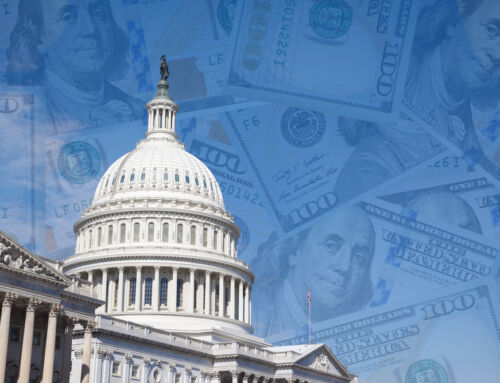The refundable entrance fees paid to continuing care retirement communities (CCRCs) and lifecare communities by new residents have been in the news lately. A bill (SB 475) approved by the California Senate would require CCRCs to repay refundable entrance fees within a defined period after a resident moves or dies; it now sits on Governor Jerry Brown’s desk, awaiting his signature. (Update: this bill was vetoed by Governor Brown.)
The bill was written in response to a handful of cases related to California CCRCs in which residents who moved or the estates of those who died were waiting for prolonged periods of time to receive the refundable entrance fees from their CCRC.
Refundable vs. non-refundable CCRC entrance fees
Most CCRCs, whether for-profit or not, charge new residents some type of entrance fee. Refundable CCRC entrance fees are typically higher to begin with than non-refundable ones, but they offer residents, or their estates, the return of some, or all, of the entrance fee paid. This entry fee refund model is sometimes strained during recessions like the most recent one in 2008, when real estate values fell dramatically and some CCRC units became increasingly difficult to resell when a resident vacated.
In the debate over the prospective California legislation, retirement communities contend that the repayment delays were the result of this challenge of reselling the former residents’ units, a condition clearly stated in the CCRC residency contract.
The concept of waiting until the unit is resold before paying the refund to the resident, or the residents estate, is not entirely unreasonable. After all, anyone who owns a home and plans to sell it understands that they will not receive the proceeds until after the sell, which could also take years in some cases. The issue, however, is that some residents of a CCRC- and particularly their heirs- may not fully understand that this stipulation exists.
Details of the California bill
The California bill would require CCRCs to refund to the former resident or their estate a portion of the full lump-sum payment within 120 days after the termination of the contract, regardless of resale. If the remaining balance of the refund is not returned within 180 days, the balance will accrue 4% interest, compounded annually. For any remaining balance not paid after 240 days, the interest rate goes up to 6%. The bill also requires CCRCs to disclose their re-sale history and actively market any vacancies.
The financial ramifications for CCRCs
From a cash flow standpoint, CCRCs have typically used the proceeds of a resale in order to pay for the prior resident’s refund. This new legislation’s requirement for a quick refund turnaround could negatively impact the financial stability of some CCRCs that don’t have enough liquid cash on hand to make the repayments prior to the unit’s resale. Setting aside increased reserves would help alleviate this problem over time, but would not help as much in the short term. Additionally, setting aside more reserves could translate into higher entry fees, which could perpetuate the problem of longer resale times.
This very real concern could even lead communities to reassess the financial viability of offering refundable entrance fees in the first place. Thus, considering the relatively small number of complaints received about slow refund payments, this law may ultimately do the senior consumer more harm than good.
Related: Entrance Fee Bills Jeopardize CCRC Balance Sheets >>





